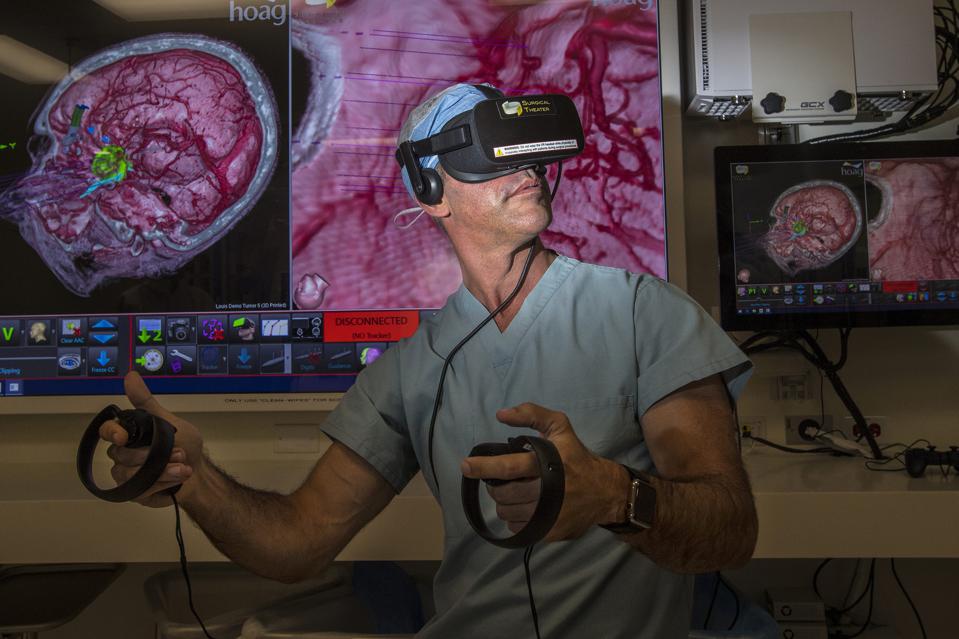Podcast: Play in new window | Download
Subscribe: Spotify | Email | RSS | More
This Fixing Healthcare podcast series “Diving Deep” probes some of healthcare’s most complex topics and deep-seated problems.
On today’s episode, hosts Dr. Robert Pearl and Jeremy Corr discuss two imperatives for healthcare leadership in the 21st century: changing the way docs use technology and changing the way we pay for medical care.
For more information on healthcare leadership, check out Dr. Pearl’s latest columns on Forbes and LinkedIn. For listeners interested in show notes, here’s a discussion guide:
LEADERSHIP + TECHNOLOGY
- What does the metaphor of the iron triangle represent in medicine?
- Why is U.S. healthcare lacking effective leadership?
- What is the “anatomy of healthcare leadership”?
- How might a leader begin to change healthcare, locally?
- What would leaders most like to change about the care patients receive today?
- How do we make the ideal real in healthcare today?
- What are some technologies that could transform medical care?
- How could technologies change care for patients with chronic disease?
- Once clinicians agree with the logic of new tech, how can leaders appeal to them on an emotional level?
- How can real patient stories help persuade docs to embrace change?
- In addition to the brain and heart, what is the role of the spine for leaders?
- How did cohost Dr. Pearl use his spine to push technology forward at Kaiser?
- What are the biggest problems a leader might experience when implementing new technological solutions?
LEADERSHIP + MONEY
- Do Americans get what they pay for from healthcare today?
- What are the biggest cost barriers to reforming healthcare?
- What’s the problem with fee-for-service?
- What is the alternative to fee for service?
- How does “capitation” change the incentives for physicians?
- Doesn’t capitation lead to delayed and denied care?
- Why aren’t doctors jumping at pay-for-value models?
- How do leaders use their brain, heart and spine differently to reform healthcare payments?
- Can leaders make a case for capitation on an emotional level?
- Why do leaders need a strong spine to advance capitation?
- What else is needed to move away from fee-for-service as the method of reimbursement?
* * *
Dr. Robert Pearl is the author of a book about medicine’s invisible yet highly influential physician culture. Check out “Uncaring: How Physician Culture Is Killing Doctors & Patients.” All profits from the book go to Doctors Without Borders.
Fixing Healthcare is a co-production of Dr. Robert Pearl and Jeremy Corr. Subscribe to the show via Apple, Spotify, Stitcher or wherever you find podcasts. Join the conversation or suggest a guest by following the show on Twitter and LinkedIn.

